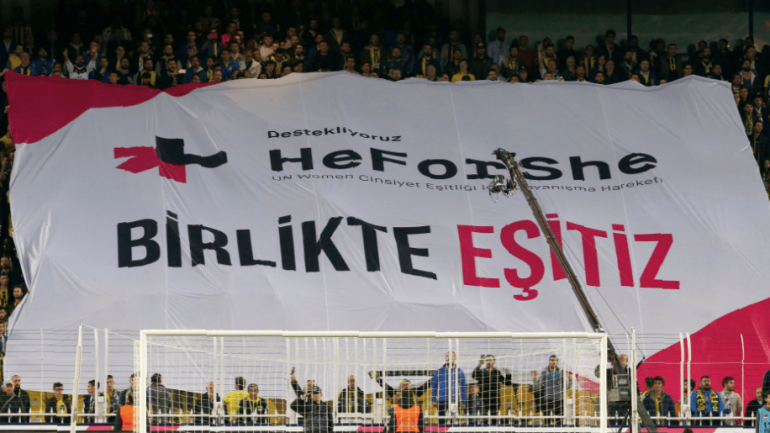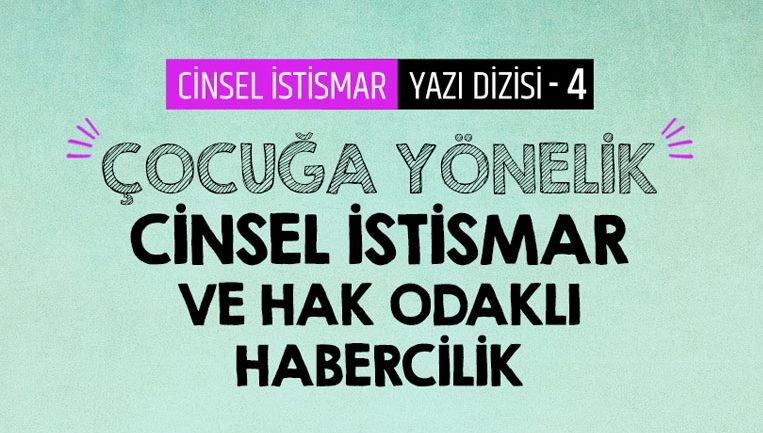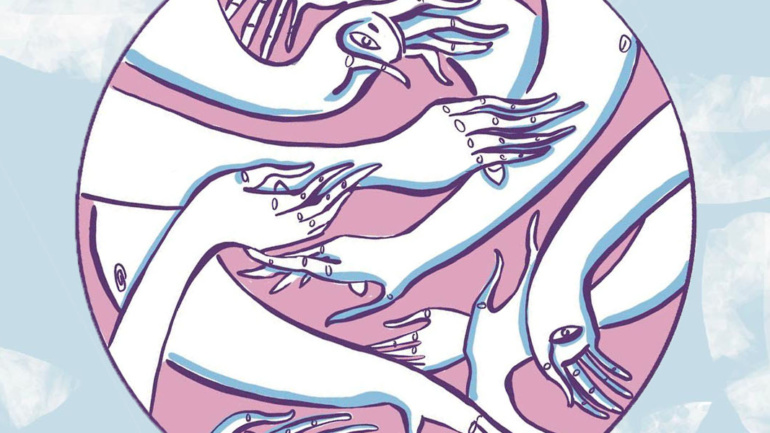CŞMD submitted a report in 20.05.2020 in line with the call for submissions to the UN SRVAW thematic report on rape as a grave and systematic human rights violation and gender-based violence against women.
Click here to read the report.
Statement regarding the call is as follows:
The United Nations Special Rapporteur on violence against women, its causes and consequences, Ms. Dubravka Šimonović, in her thematic report to be presented to the UN General Assembly in September 2020 will address States’ responsibility to criminalize and prosecute rape as a grave and systematic human rights violation and gender based violence against women, in line with international human rights standards.
Rape has been recognized as crime of sexual violence, a war crime, a crime against humanity and/or genocide in specific circumstances and it has been criminalized and prosecuted in a large number of States and jurisdictions but in different ways, that is: rape has different definitions (force /consent), different scopes (women, men, marital rape, all types of penetrations), with different aggravating and mitigating circumstances, with different sanctions, and with different statutes of limitations for its prosecution. While victims of rape can also be men and boys, it predominantly affects women and as such, falls under the definition of gender based violence against women as act of violence against women.
Globally, we know that rape is frequently not reported, and if reported seldom prosecuted with vigor; if prosecuted, results in very low numbers of convictions (attrition rates are high) and all this results in impunity for the majority of perpetrators; women thereby lose faith in the criminal system, do not report it, and the result is the mixture of low reporting rates and a culture of impunity and rape becomes normalized.
In general, there is lack of data on rape reporting, prosecution and conviction including on the relationship(s) between the victim and the perpetrator.
The international human rights framework on rape as a human rights violation and gender-based violence against women (GBVAW) has been significantly improved, but those improved standards are not fully incorporated into legislation and practice at the national level.
The aim of this report is to collect as much information as possible on the criminalization and prosecution of rape, and to thereby support and encourage a process of harmonization of national criminal laws and systems and practice with international standards on rape and sexual violence in both peacetime and during conflicts.
In her report, the Special Rapporteur intends to provide recommendations to States and other stakeholders on key international human rights standards that should be integrated in national criminal justice responses in order to harmonize them with accepted international standards; to provide access to justice and support for victims of rape; to break the cycle of impunity; and to prosecute perpetrators, ensuring that they are not protected by hidden domestic norms that are still part of criminal law or criminal procedure.
To that end, the Special Rapporteur on violence against women would like to invite all States, National Human Rights Institutions, civil society actors, international organisations, academics and other stakeholders from all countries to send responses to the questionnaire below:
https://www.ohchr.org/EN/Issues/Women/SRWomen/Pages/SRVAW.aspx




